Most independent hoteliers are used to juggling more with less dedicated resources, but effective revenue management—and the tools that enable it—should not be written off as exclusively a “big brand” or “large hotel” concern.
What Is a Revenue Management System?
Among the technologies typically used by hoteliers, revenue management systems (RMS) are uniquely positioned to have an outsized impact on the ways hotels operate. At their best, they enable informed decision-making that ensures optimal business outcomes and reduces waste through effective forecasting. That’s valuable for any hotel, but it’s especially true for smaller properties with fewer rooms where the financial pain of a pricing mistake is magnified.
Revenue optimization efforts can feel like a tall task, but with the help of an advanced automated RMS, independent hoteliers can work smarter and not harder—all while reaching new revenue heights.
6 Benefits of Adopting an Advanced Revenue Management System for Independent Hoteliers
Revenue management may require an investment, but the upside of adoption is hard to ignore. Here are some of the top ways independent hoteliers stand to benefit from an advanced RMS.
1. Improved Forecasting Accuracy
According to AMR research, a 3 percent improvement in forecast accuracy can bring up to a 2 percent increase in profit. Results like this make it clear: effectively forecasting demand is the foundation for any successful revenue strategy.
Unfortunately, forecasting accurately is a time-intensive and difficult task when handled manually, and the challenge only steepens when forecasting at more granular, room-type, and segment levels. But with an advanced RMS, automation can make quick work of accurately forecasting demand for even the most complex room- or product-type offerings—all with minimal time commitment from staff.
2. Automated Pricing and Inventory Management Decisions
An accurate forecast is only as valuable as what you do with it, and hotels that are stretched for dedicated revenue management resources can certainly struggle to capitalize on even a perfectly accurate forecast.
When working as part of a well-integrated tech stack, an advanced RMS will automatically deploy revenue-optimizing pricing and inventory control decisions. This saves revenue leaders time by taking many of the mundane and menial pricing-related tasks off their plate so they can focus on the exceptional scenarios in their day-to-day.
3. Reduce Unnecessary Discounting
Discounts have long been an effective way for hoteliers to drive additional business—but if not managed well they can also unnecessarily eat into profitability. An advanced RMS can assess upcoming demand and automatically apply booking restrictions (like minimum length of stay requirements) to discounted product offerings to ensure the overall value of these prospective bookings isn’t likely to be eclipsed by transient bookings during this same period.
Additionally, advanced RMS has the flexibility to dynamically set discounting levels based on projected demand. For example, instead of a flat 20% off for advanced purchase bookings, a range of discounts can automatically be applied. This discounting range is based on demand, so these purchases will take a smaller bite out of potential revenue on high-demand dates. Inversely, on low-demand dates, the discount percentage rises (up to a set maximum) as needed to capture incremental revenue.
Better yet, these incremental revenue-generating approaches require little—if any—manual effort from operators.
4. Smarter Group Business Decisions
It’s hard to turn down a sure thing, but how many sales managers know if the group business opportunities they’re considering are actually optimal for profitability? With room inventory at a premium for many independent hotel properties, group bookings amplify the impact of over- or undercharging for rooms and services so getting these decisions right is critical.
Group business pricing mistakes can largely be avoided, but the reality of making smarter group decisions requires a rather complex displacement analysis that weighs the projected value of transient rooms sold against the revenue that would be generated by the group. Done manually, these evaluations are cumbersome and can lead to missed opportunities due to slow response times. Thankfully, advanced RMS features simplify this process and can efficiently calculate ideal pricing recommendations that account for projected demand. Additionally, these evaluations can fold in ancillary spending projections and servicing costs to give sales managers a clearer view of what group business opportunities are most profitable—and where they may have room to negotiate.
5. Effective Responses to Fast-Changing Conditions
What happens if a large group booking cancels? Or a big-drawing event is unexpectedly postponed? Despite hoteliers’ best efforts to manually account for seasonal demand fluctuations, fast-developing surprises happen—and can leave hoteliers in a scramble to adapt.
With an RMS’ advanced forecasting and automation capabilities, these potentially budget-busting surprises can be automatically adapted to with swift decisions to avoid lost revenue—even if the revenue management lead is out on holiday when surprise strikes.
6. Maximize Property Value & Financial Health
A well-executed implementation of revenue management technology is a tried-and-true method for increasing the value of independent hotel properties. A recent Benchmark Research survey of hotel investors conducted on behalf of IDeaS revealed that 98 percent of respondents found revenue management technology to be either “somewhat important” (29%) or “very important” for maximizing cash flow, and 100% of respondents described revenue management technology as either “very important” (55%) or “somewhat important” (45%) for increasing asset value for hotel investments.
Whether independent hoteliers are aiming to grow their brand’s footprint, attract investors or secure better financing terms, the cumulative financial benefits of deploying advanced automated revenue management technology is hard to ignore.
Embracing the Future of RMS Powered by AI
AI-powered automation is only gaining more traction as businesses uncover new ways to optimize operations and revenue. This tech advancement puts independent hoteliers at an important crossroads. Advanced revenue management practices that may have once seemed infeasible for independents are now entirely within reach—but their ability to capitalize requires investment and an embrace of change.
That may require a leap of faith, but the benefits upon landing are hard to ignore. In fact, 83 percent of aforementioned survey respondents described the return on investment for RMS technology as “high” or “very high“. Independent hoteliers stand to benefit substantially by embracing the advantages of an advanced RMS—the question is, are they willing to embrace it?
Free Quiz: Are You on the Path to Revenue Success?
Uncover your maturity level in hotel revenue management with this quiz and get tips on maximizing your revenue.
Upon completion, you’ll receive an informative guide to help your organization take the next step toward peak revenue management maturity.
Click here for the quiz “Are You on the Path to Revenue Success?”.
More Tips to Grow Your Business
Revfine.com is the leading knowledge platform for the hospitality and travel industry. Professionals use our insights, strategies, and actionable tips to get inspired, optimize revenue, innovate processes, and improve customer experience.Explore expert advice on management, marketing, revenue management, operations, software, and technology in our dedicated Hotel, Hospitality, and Travel & Tourism categories.

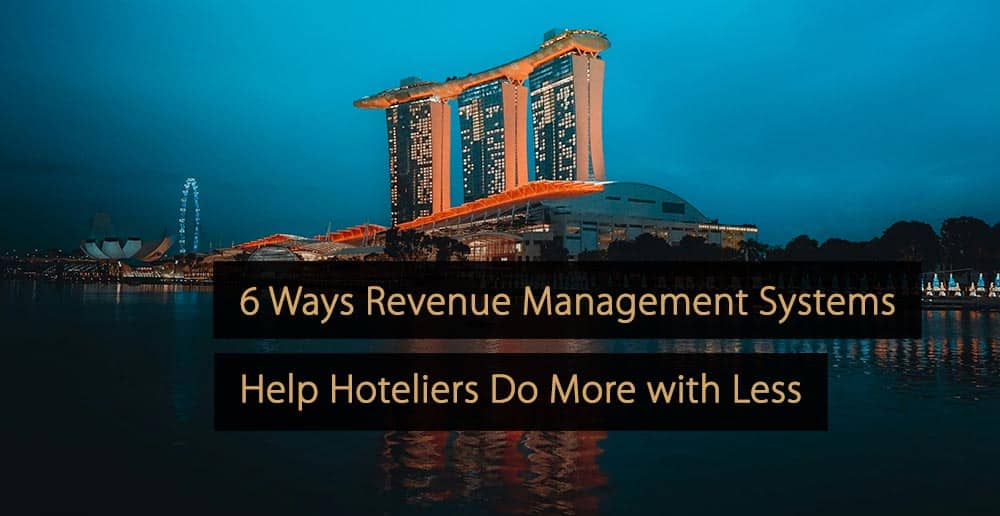
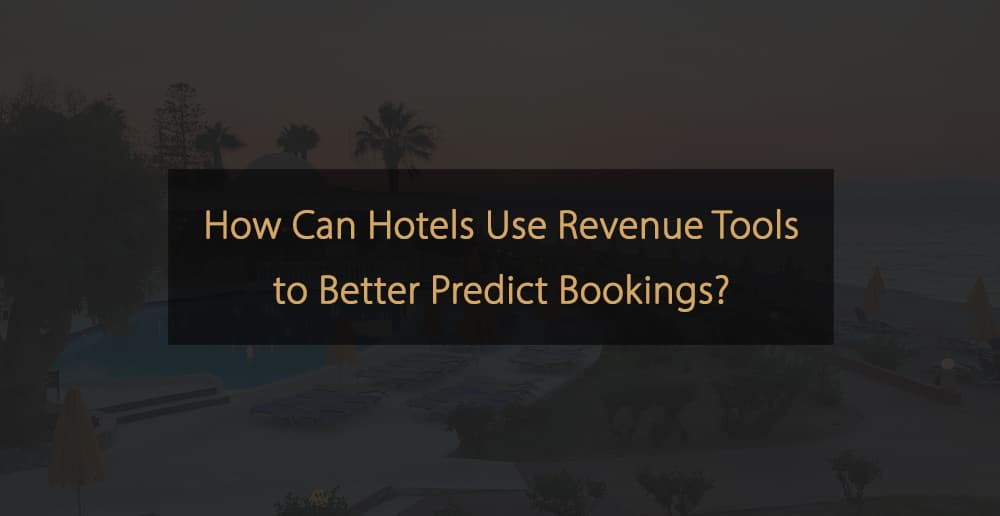
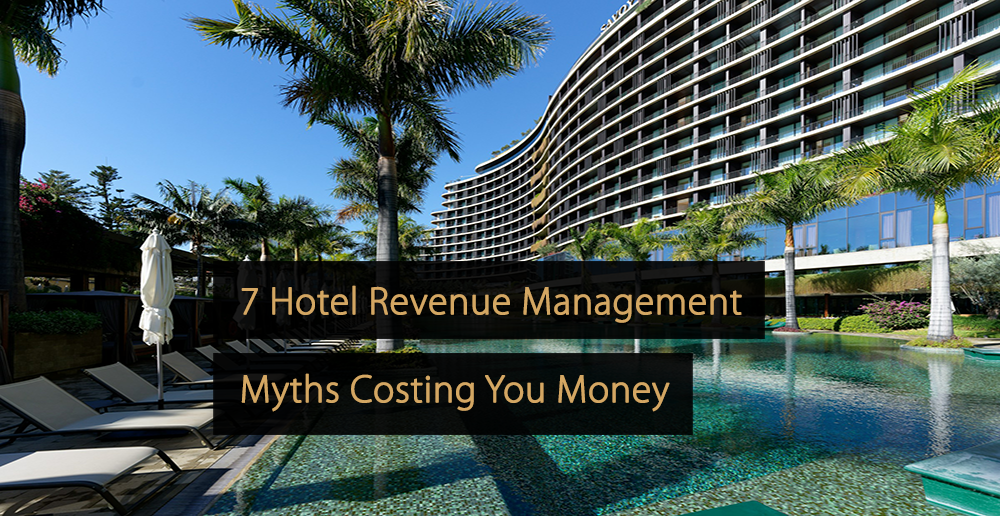

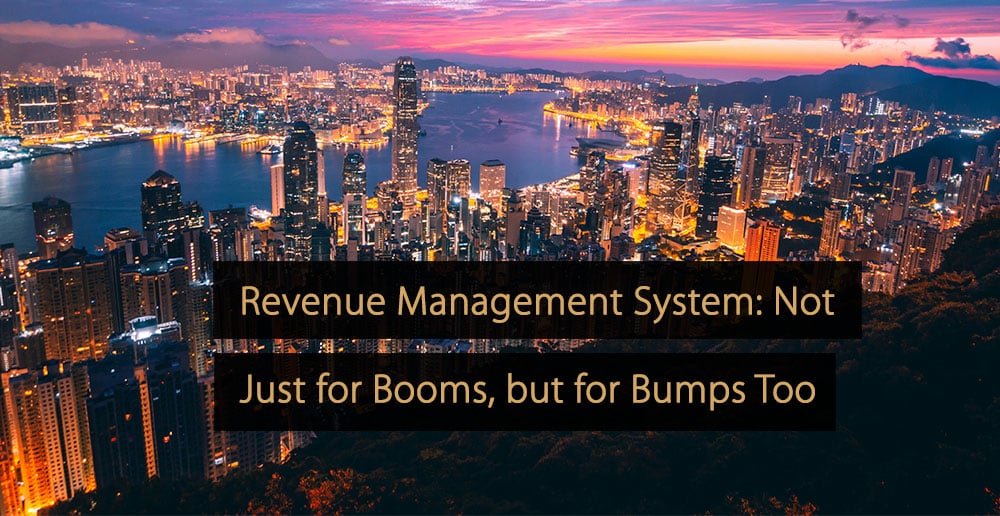

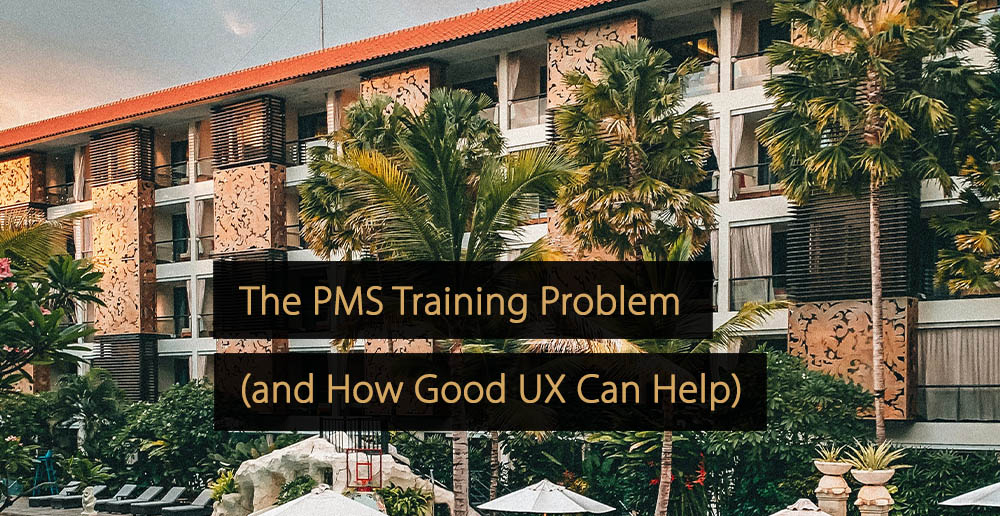
Leave A Comment